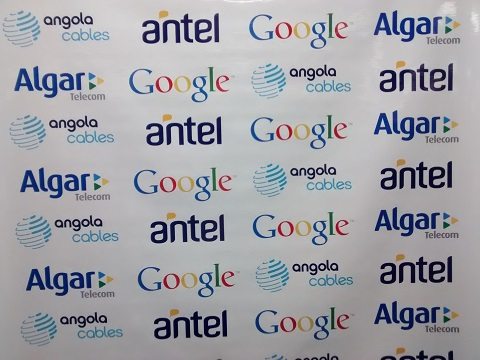SAO PAULO – A consortium formed by Brazil’s Algar Telecom, Uruguayan carrier Antel, African cable operator Angola Cables Google is leading the construction of a submarine cable connecting the Brazilian cities of Santos and Fortaleza to Boca Raton, Florida. In addition to the U.S./Brazil cable, Antel will build an undersea cable connecting Brazil and Uruguay. Angola Cables also plans to connect Africa to Brazil by running a cable between Angola and Brazil’s Fortaleza, where it will also operate a data center.
During a press conference at the Futurecom event in São Paulo, executives stressed that the South American fiber optic cable will play a fundamental role in reaching 300 million potential customers in the region.
Nearly $500 million has been invested in the project. The new route will extend 10,556 km and have six fiber pairs, two of which will be owned by Google, two by Angola Cable while Algar and Antel will have one pair each. The expectation is that the new submarine cable will be ready by the end of 2016. According to the companies, it will expand the bandwidth of existing cable systems by 64 terabytes per second. The rope life is estimated to be 25 years.
Each company will use its fiber pairs for its own purposes. Google, for example, will not sell service in the market. “It fills a need internal communications. Brazil is a big market for Google, which needs high data traffic. The cable is a key piece in the trade strategy for Brazil,” said Cristian Ramos, who heads up partnerships for Google in Latin America.
Divino Sebastião de Souza, president of Algar Telecom, said that the underwater cable complements the 14,000 km of optical fiber the company already operates. “Our strategy is first to address our needs and then sell capacity,” he said.
As for Angola Cables, the company wants “to be a hub of cables to support the development of the Internet in both Angola and in the other countries of Africa.” The African company is investing about $270 million in the U.S./Brazil cable project, the planned cable between Angola and Brazil, and data center operations in Fortaleza. “Today, Fortaleza does not have a data center with the international output we will have,” said António Nunes, CEO of Angola Cables.
Antel will connect Santos, Brazil to Maldonado, Uruguay, a project that is expected to receive $73 million in investments during its first phase. Carolina Cosse, president of the operator, said there is a great opportunity to sell traffic capacity because of the growing demand for broadband in Latin America. She noted that few international providers offer this output.

